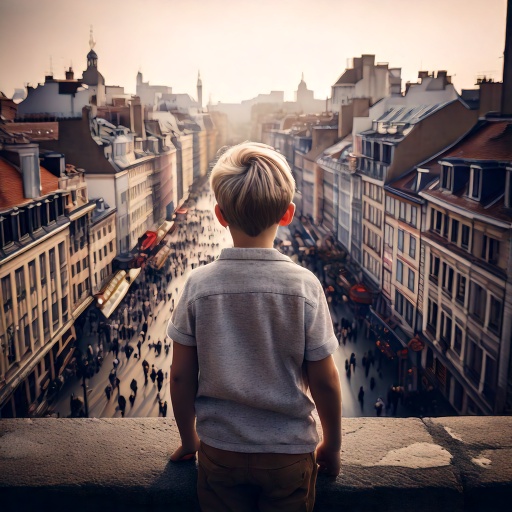For generations, we’ve operated under a set of unspoken rules, a social choreography passed down and largely unquestioned. Of course, there are cultural variations, but the underlying framework of how we’re expected to behave, interact, and even think, remains surprisingly rigid.
In more progressive societies, I’ve thankfully observed a growing willingness to question these norms, a budding acceptance of difference. But it’s not nearly enough.
Take autism, a world that became intimately familiar to me when my son was diagnosed. There’s a wealth of information out there explaining autism to those who don’t understand. There are countless articles urging individuals on the spectrum to embrace their uniqueness. This is a sentiment that, while well-intentioned, can sometimes feel simplistic in the face of daily challenges.
What I find sorely lacking, however, is literature that flips the script. Where are the voices of autistic individuals challenging our social norms? It’s a difficult task, I imagine, because these norms feel so deeply ingrained, like ancient stones.
It struck me when my son was first diagnosed, this uncomfortable realisation of how instinctively we try to shape him into our mould, our way of seeing the world. We focus on making him behave in socially acceptable ways, rather than questioning the very foundations of those expectations when he doesn’t comply.
A simple example: greeting people. It’s automatic for most of us, a reflex. But for my son, it’s not straightforward. It requires conscious effort, a mental calculation that doesn’t come naturally. I know there are more complex examples lurking, waiting to be articulated.
What I truly yearn for is a wave of writing that offers a direct challenge to our taken-for-granted world, penned from the insightful perspective of autistic individuals. How, exactly, this would manifest, I’m not entirely sure!
Of course, there are pioneers like Temple Grandin, a remarkable woman who has offered invaluable insights. But her voice, and others like hers, feel too few and far between. As someone who loves a neurodivergent individual deeply, my hope is for a future where we actively seek to understand and learn from the unique perspectives that exist beyond our own. It’s time we made a more concerted effort to see the world through their eyes, to truly understand through all the noise.

